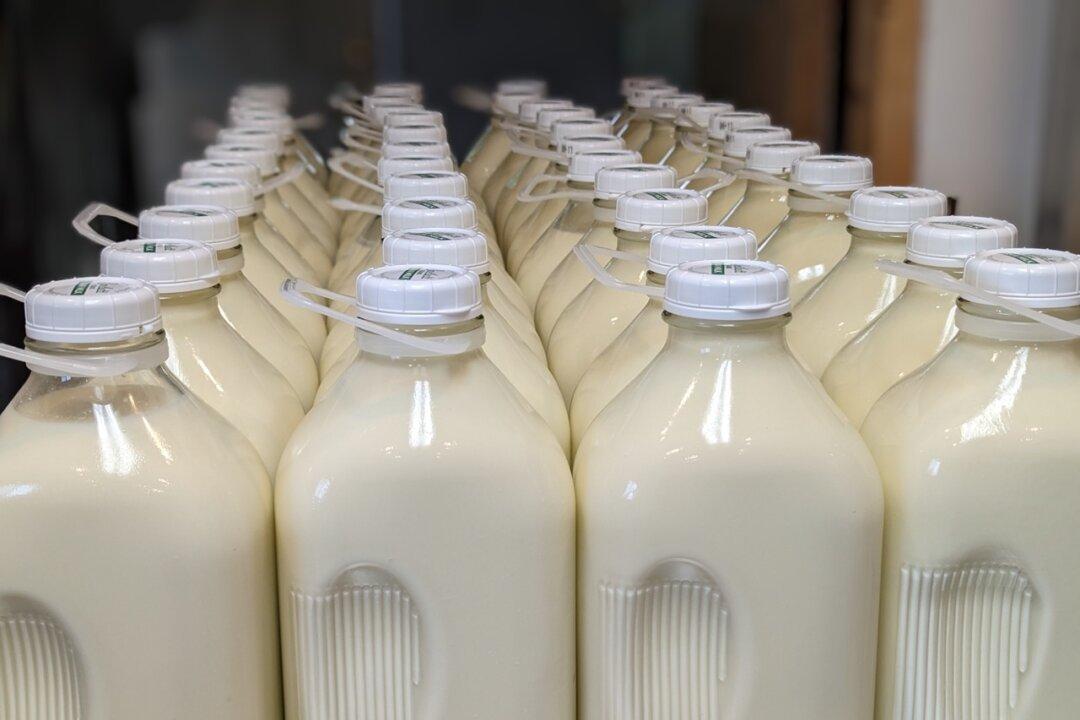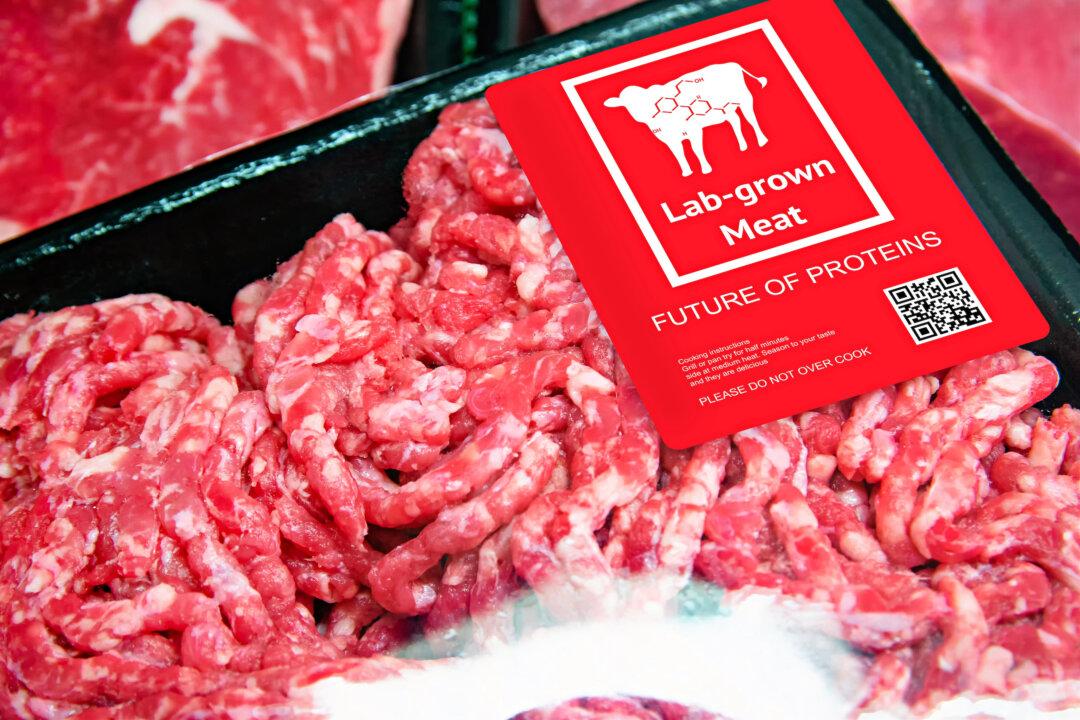The armed raid and subsequent lawsuit against an Amish farm by government officials on suspicion of selling “illegal milk” is only the latest example of how the government has weaponized its regulatory agencies on behalf of large agriculture interests, according to a lawmaker.
Rep. Thomas Massie (R-Ky.) told The Epoch Times that a corrupted alliance between “Big Ag” and rule makers at the Department of Agriculture has created a monopoly that has led small, independent farmers to the brink of extinction.





